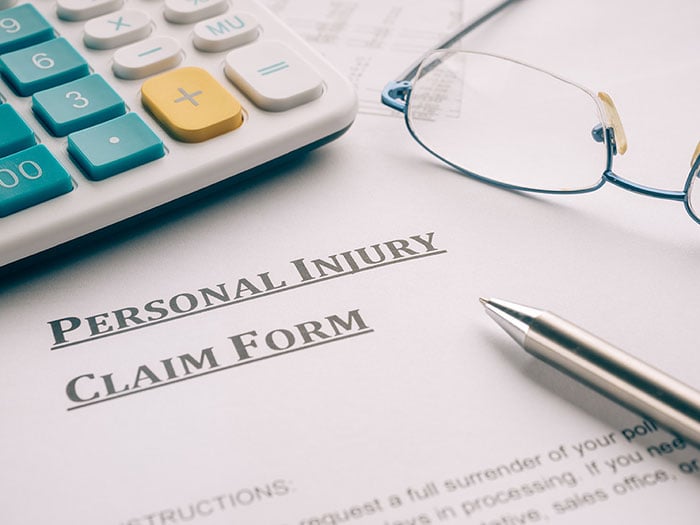HOA or Condo associations have a duty of ordinary and reasonable care. If a person is walking in a communal space, whether it be a community pool, clubhouse, park or on the sidewalk, liability can fall on the association. Members of the community association board should be aware of the risks and liabilities in their communities.
Most importantly, while this article is intended to give you some ideas of the ways that your community association could be liable it SHOULD NOT replace or supersede any information given to you by your associations attorney or licensed insurance specialist. Laws vary between states and counties regarding liability so it is something you should discuss with those licensed in your area to make sure that your coverage is adequate.
HOAs and Accident Liability
Slips and falls are the most common accidents, and plaintiffs do have a right to sue in most cases. If a preventable hazard is found to be the cause of accidents on the property, the injuries may be the responsibility of the association.
Associations can be held liable for:
- Falls on uneven curbs
- Manhole cover heights being outside of city ordinances
- Equipment left on the sidewalk
Homeowners are responsible for their own interior maintenance, but when an association is responsible for the exterior maintenance, the injured party may be able to pursue a premises liability case.
HOAs are often responsible for accidents that occur in common areas or on the grounds around the neighborhood.
A plaintiff's lawyer will look at numerous factors to determine liability and build a case against the HOA. Factors that may be considered are:
- Duty of care. HOA contracts outline what the responsibilities of the HOA are. If the contract states that the association is responsible for common grounds, they have a duty of care to discover and repair any dangers.
- Breach of duty. If the association knew or should have known about a problem and failed to correct the issue, the association has breached its duty.
- Breach of duty and accidents. A plaintiff must be able to prove that the association's breach of duty was a direct cause of their injuries. The plaintiff's attorneys will work to show that the association knew of a hazard and failed to correct the issue.
HOAs and Condo associations also have a duty to manage the grounds properly and in accordance with state and city laws. A 2013 lawsuit in Florida led to a $12 million reward for the plaintiff after a car accident resulted in the death of a nine-year old boy.
The association was 30% responsible for the accident. Their management company was 60% responsible for the accident because of failure to comply with hedge laws and traffic sign height ordinances.
Another case involving a 72-year old man found that a manhole cover, raised above the allotted height and approved by the county, failed to meet height codes. The defense claimed that the manhole was an "open and obvious" danger, but since the cover violated height requirements and the injury occurred late at night when the lighting was poor, the association had to go to trial.
Associations should follow winter safety tips to reduce the risk of slips and falls, and regularly monitor grounds for potential hazards. Common areas should be inspected routinely, including:
- Sidewalks
- Streets
- Clubhouses
- Gyms
- Pool house
- Swimming pool
- Streetlights
- Land not belonging to homeowners
Board members may be named in a lawsuit, too, because plaintiffs want to cover all bases. While a strategic move to force board members to act quickly, the court will often dismiss the board member from the case. Individual members may be liable if there was a breach of fiduciary duty.
Insurance Should Be Addressed by Specialists
HOAs should have a lawyer and insurance specialist in their state overlook all insurance and coverage options. Mitigating risks involves a thorough review of insurance policies to ensure that if a person falls or gets injured in one of these communal areas, there's adequate insurance in place.
If your association is seeking insurance, click here for a premium quote through CCIS.


